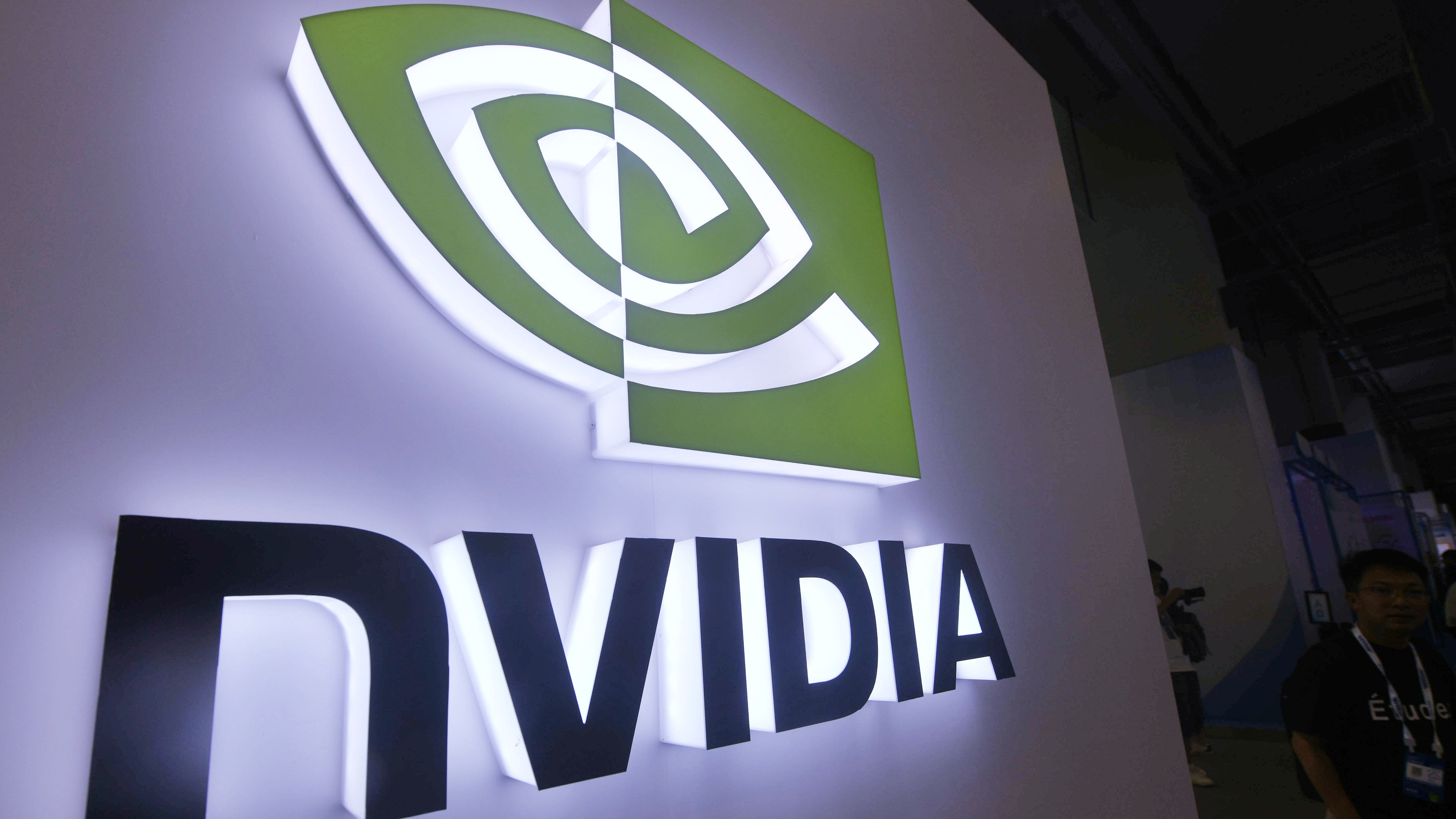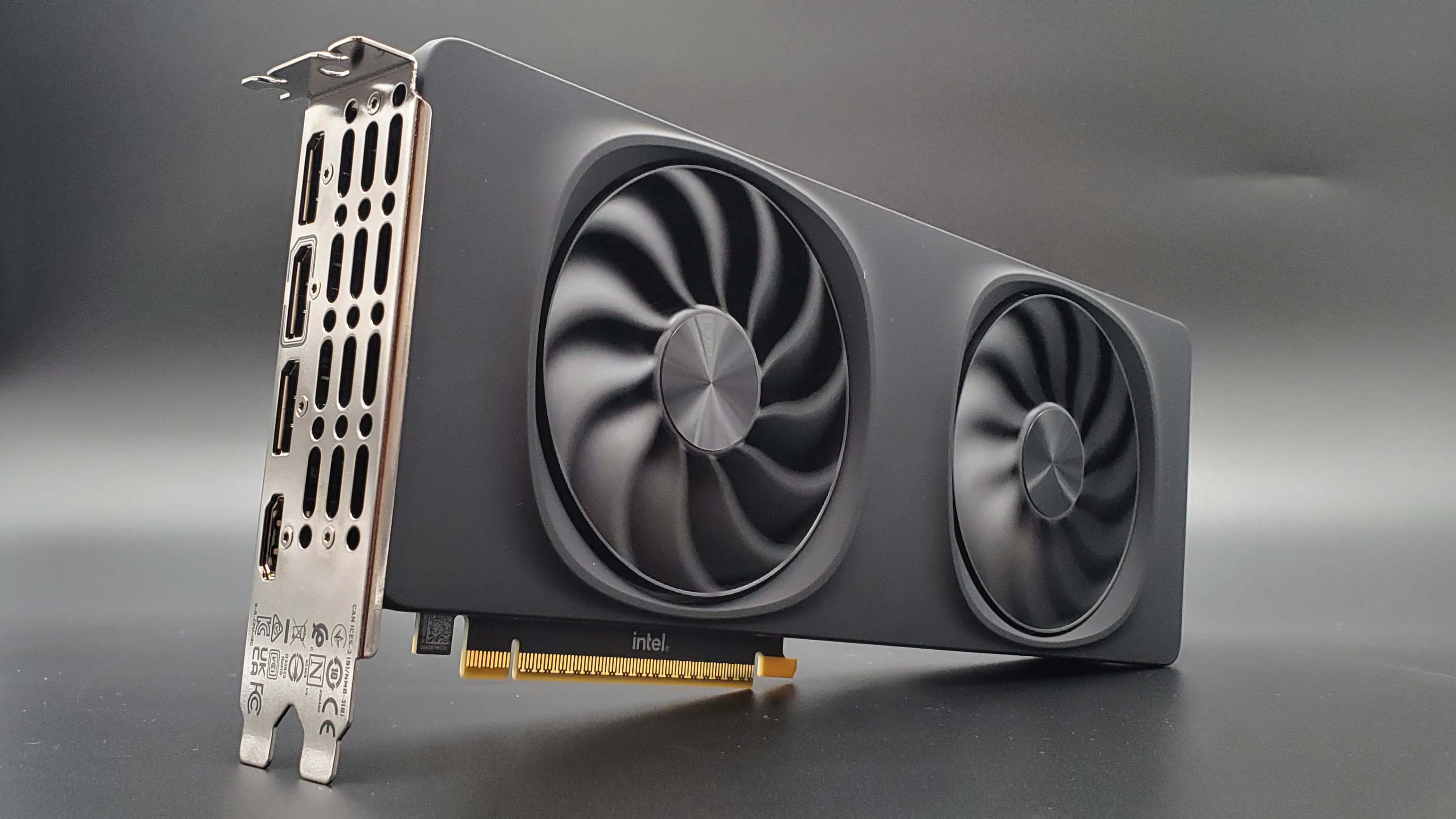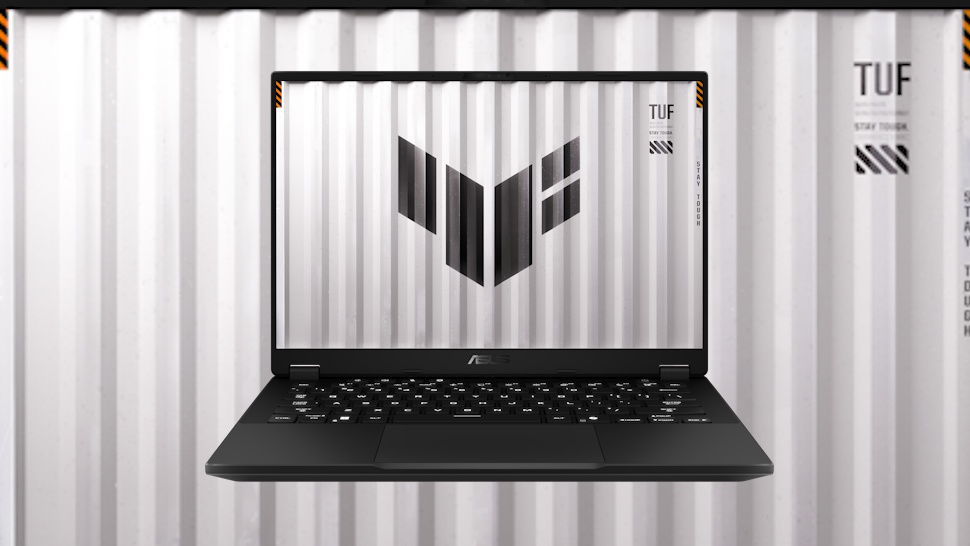
Chinese regulators believe Nvidia may have violated the terms of approval of the company's $7 billion acquisition of Mellanox Technologies in 2020.
China has launched an antitrust investigation into Nvidia over possible violations of the country’s anti-monopoly laws in connection with its 2020 acquisition of Israeli chip maker Mellanox Technologies. A Bloomberg report (via The Verge) says the Chinese government approved the $7 billion deal on the condition that Nvidia not discriminate against Chinese companies, and that Mellanox provide samples of new products to competing companies within 90 days of making them available to Nvidia to ensure they can maintain performance parity.
Details about the investigation weren’t shared, but it’s notable because of US sanctions that restrict Nvidia’s ability to export products to China. Nvidia has attempted to get around those restrictions by designing certain products specifically for the Chinese market: When the US Department of Commerce introduced restrictions on RTX 4090 GPUs in 2023, for instance, Nvidia quickly whipped up the RTX 4090 D, an export-only model built exclusively for China that was designed to get around export controls.
The US government indicated its displeasure with that approach in 2023, however: US Commerce Secretary Gina Raimondo said at the Reagan National Defense Forum in December of that year that “we cannot let China get these chips, period,” before warning, “If you redesign a chip around a particular cut line that enables them to do AI, I’m going to control it the very next day.”
China was a major export market for Nvidia prior to the sanctions, according to The Guardian, but it now faces increasing competition from Chinese manufacturers: The country was responsible for 17% of Nvidia’s revenue over the year ending in January 2024, down significantly from 26% just two years earlier.
The investigation into Nvidia isn’t China’s only pushback against aggressive US sanctions against the country. CNN reported last week that, following the introduction of new restrictions on the sale of equipment used to manufacture semiconductors and other points of access to US technology, China banned the sale of various materials used in the construction of semiconductors and electric vehicle batteries including gallium, germanium, antimony and other “super hard” materials.
“Nvidia wins on merit, as reflected in our benchmark results and value to customers, and customers can choose whatever solution is best for them,” an Nvidia representative said in a statement provided to PC Gamer. “We work hard to provide the best products we can in every region and honor our commitments everywhere we do business. We are happy to answer any questions regulators may have about our business.”






